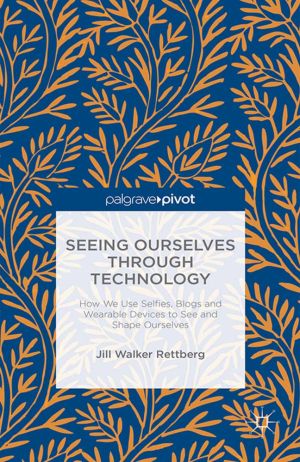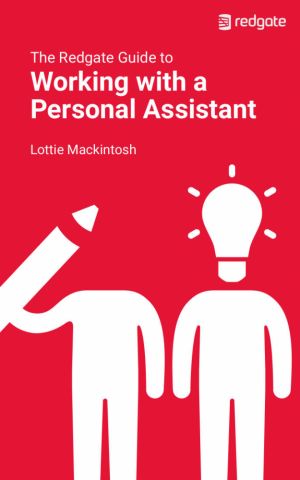
This book tells the story of Barbara Robb and her pressure group, Aid for the Elderly in Government Institutions (AEGIS). In 1965, Barbara visited 73-year-old Amy Gibbs in a dilapidated and overcrowded National Health Service psychiatric hospital back-ward. She was so appalled by the low standards that she set out to make improvements. Barbara'...

This is the first book-length exploration of the thoughts and experiences expressed by dementia patients in published narratives over the last thirty years. It contrasts third-person caregiver and first-person patient accounts from different languages and a range of media, focusing on the poetical and political questions these narratives raise: wha...

Selfies, blogs and lifelogging devices help us understand ourselves, building on long histories of written, visual and quantitative modes of self-representations. This book uses examples to explore the balance between using technology to see ourselves and allowing our machines to tell us who we are....

This Open Access Brief analyzes the dynamics in which children's selves emerge through their everyday activities of meaning construction, both in their relationships with family and within school education. It begins with a discussion of new psychological inquiries into children's selves and builds upon the innovative theoretical notion o...

This book vividly presents the story of Margery Spring Rice, an instrumental figure in the movements of women's health and family planning in the first half of the twentieth century. Margery Spring Rice, née Garrett, was born into a family of formidable female trailblazers - niece of physician and suffragist Elizabeth Garrett Anderson, and of...

Most contemporary digital studies are interested in distant-reading paradigms for large-scale literary history. This book asks what happens when such telescopic techniques function as a microscope instead. The first monograph to bring a range of computational methods to bear on a single novel in a sustained fashion, it focuses on the award-winning ...

A truly effective assistant knows their manager's priorities, concerns and responsibilities as well as they do themselves. They know how to make their manager more effective, and how to help them add value. They work alongside their manager as part of a tight-knit, high-functioning team, sharing a single purpose and workload. Of all teams, of ...
